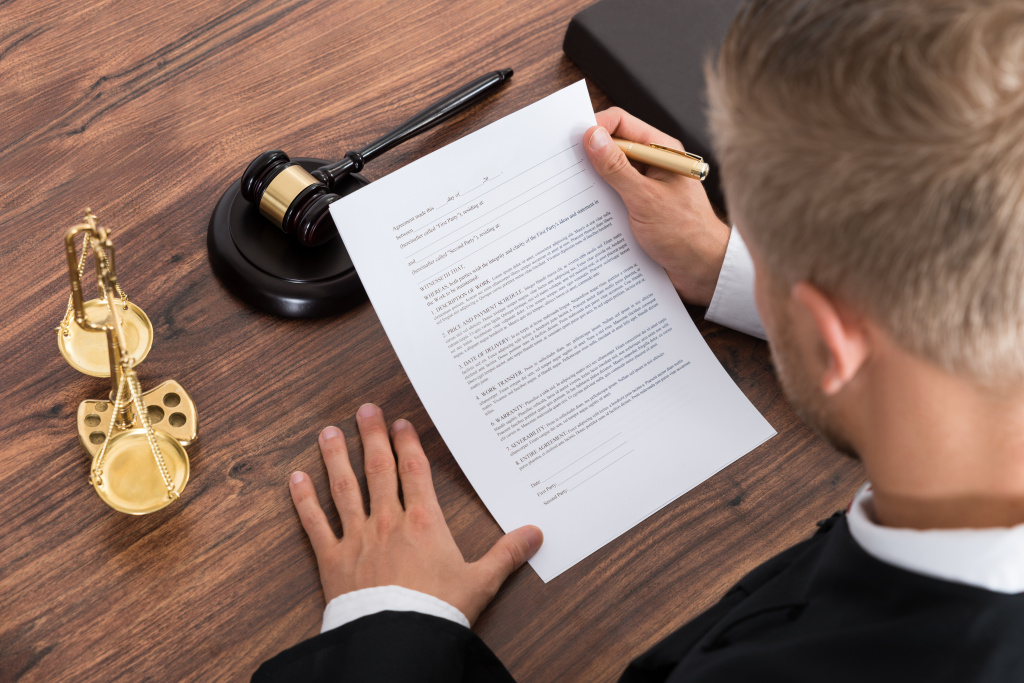Legal Conclusions
Legal conclusions are relevant:
A legal conclusion is a detailed written analysis of an issue or a principal's questions as well as a detailed written consultation on a certain topic. A conclusion, as a rule, includes the following components:
1. Descriptive (beginning) part. This contains a description of the situation and all the circumstances and essential details known to the principal. The primary task is to record the initial conditions, denoting a start-off point, from which solution of the legal task will begin.
2. The principal's task (question) part. It’s important to properly assign a task and verbalize the question properly in order to obtain an exhaustive response. Sometimes an original question that the principal contacts a law firm with is clarified or even changed upon having spoken to a specialist.
3. The research part (legal analysis): the largest-scale part of the legal conclusion, which includes:
- a description of practice in analogous situations;
- cause and effect chains of various options for decisions and results; -
- the normative assertation.
This part is the nucleus of the legal conclusion and contains a detailed description of all the essential details of the principal's question, their examination from different points of view in the legal field, a detailed analysis of existing legal precedents, and the norms of the laws of the Russian Federation which are applied and related to this issue.
4. Conclusions are the result that the principal came for and the product of the work performed along with recommendations for the next steps to be taken. Conclusions may include step-by-step instructions to resolve an assigned task or contain an answer to the principal’s question(s). A list of risks and recommendations to mitigate them is also provided, if any such exist.
Legal conclusions are necessary:
- to obtain a professional level of detailed information on an issue;
- for decision-making in a situation from a long-term perspective with an understanding of the consequences;
- to support one's arguments persuade one's partner (opponent) in a dispute situation;
- to demonstrate a serious attitude toward an issue;
- in other cases when necessary to refer to norms, practices, and proper conclusions as to their applicability from practicing lawyers.
- A legal conclusion from a professional will save you time and effort in looking for answers and will help you make a well-weighted decision in a tricky situation. You will receive qualified legal counsel and recommendations on achieving the result you desire in written form.
Want to order a legal conclusion but don't know where to start? Write out a technical task for our lawyer: expound the circumstances of your situation in calendar form and write out your concerns with precision. Avoid verbosity, making personal judgments, or sprinkling emotions. They will not help the lawyer understand the essence of your issue in any way (on the contrary they will impede their understanding of it) but will rather “overload” the text with unnecessary details. Indicate the titles of documents and government institutions correctly, without any author interpretations. These will help the lawyer understand right away what you are talking about.
The cost for providing a legal conclusion will vary, depending on the volume, the complexity of the issue, and how quickly you need the answer prepared. Send us a technical task taking the above-mentioned recommendations into account and we will promptly give you an idea of the timetable and cost of preparing the conclusion.

Prices and Timelines
| Service Title | Cost, RUB | Timetable |
|---|---|---|
| Legal Conclusions |


